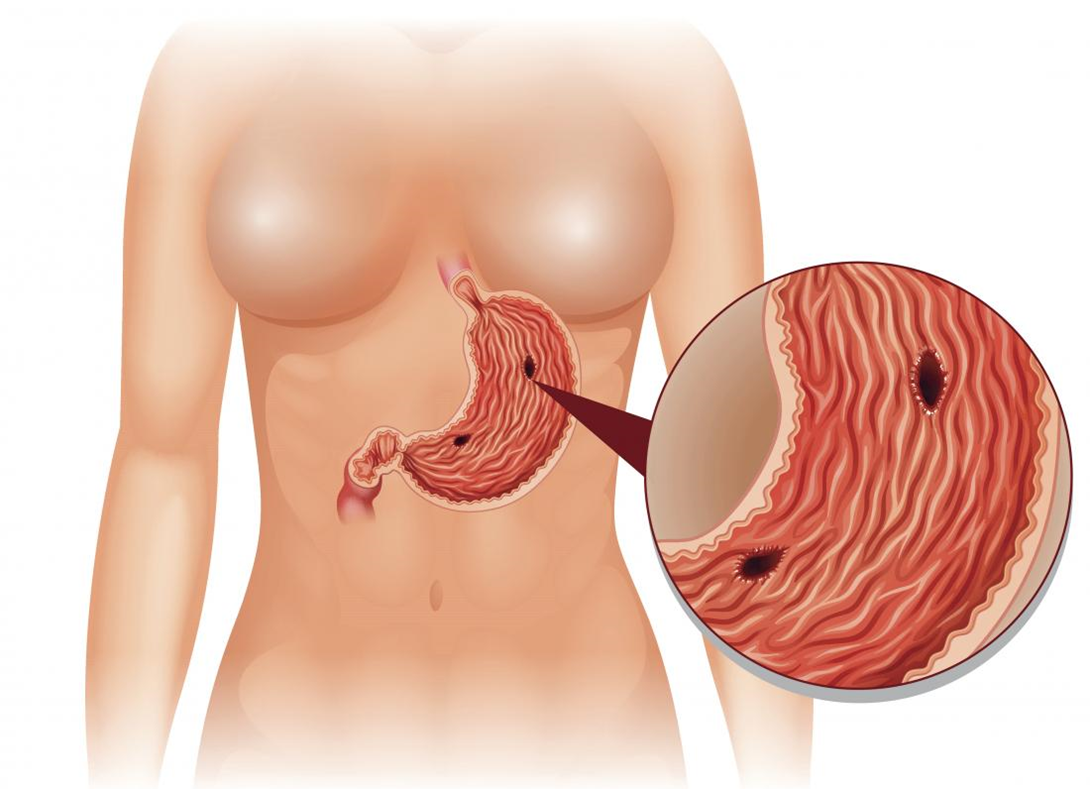A client with obesity is prescribed orlistat for weight loss. The client asks the nurse, "I understand the medication prevents digestion of fat, but what side effects does this cause?" Which of the following responses by the nurse are correct? SELECT ALL THAT APPLY
Oily stools are common, especially when excessive fat is consumed.
Many patients note having an increase of gas and flatus.
Constipation is a common side effect with this medication.
Some patients report the development of fecal incontinence.
This medication doesn't really have any side effects because you can buy it over the counter.
Correct Answer : A,B,D
Choice A reason: Oily stools are common, especially when excessive fat is consumed, because orlistat blocks the absorption of fat in the intestines. The undigested fat is then eliminated in the stool, making it oily, greasy, or foul-smelling.
Choice B reason: Many patients note having an increase of gas and flatus, because orlistat can also interfere with the digestion of carbohydrates and proteins, causing fermentation and gas production in the colon.
Choice C reason: Constipation is not a common side effect with this medication. In fact, orlistat may cause the opposite effect of diarrhea, as the unabsorbed fat can irritate the bowel and increase the motility.
Choice D reason: Some patients report the development of fecal incontinence, because orlistat can cause unpredictable bowel movements and difficulty in controlling the passage of stool, especially if the patient consumes a high-fat diet.
Choice E reason: This medication does have side effects, even though it can be bought over the counter. Orlistat is a prescription-strength drug that can cause serious adverse reactions, such as liver damage, kidney stones, gallbladder problems, and vitamin deficiencies. The over-the-counter version is a lower dose than the prescription one, but it still requires medical supervision and lifestyle changes.
Nursing Test Bank
Naxlex Comprehensive Predictor Exams
Related Questions
Correct Answer is A
Explanation
Choice A reason: Sudden abdominal pain is a sign of gastrointestinal perforation, which is a life-threatening complication of peptic ulcer disease. It occurs when the ulcer erodes through the wall of the stomach or duodenum, causing leakage of gastric contents into the peritoneal cavity. This causes inflammation, infection, and peritonitis.
Choice B reason: Hyperactive bowel sounds are not indicative of gastrointestinal perforation. They may be present in other conditions, such as gastroenteritis, intestinal obstruction, or diarrhea.
Choice C reason: Bradycardia is not indicative of gastrointestinal perforation. It may be caused by other factors, such as vagal stimulation, medication side effects, or cardiac disorders.
Choice D reason: Decreased blood pressure is not indicative of gastrointestinal perforation. It may be a result of other causes, such as hypovolemia, shock, or dehydration.

Correct Answer is A
Explanation
Choice A reason: Dark-colored stools are an adverse effect of orlistat, a medication that blocks the absorption of fat in the intestines. The unabsorbed fat can cause the stools to become oily, foul-smelling, and dark in color. This can indicate a serious condition called steatorrhea, which can lead to malnutrition and vitamin deficiencies.
Choice B reason: Constipation is not an adverse effect of orlistat. In fact, orlistat can cause the opposite problem of diarrhea, especially if the client consumes too much fat in their diet. Constipation may be caused by other factors, such as dehydration, lack of fiber, or medication side effects.
Choice C reason: Nausea is not an adverse effect of orlistat. Nausea may be a symptom of other conditions, such as gastritis, gastroenteritis, or pregnancy. Nausea may also be caused by other medications, such as antibiotics, opioids, or chemotherapy drugs.
Choice D reason: Abdominal pain is not an adverse effect of orlistat. Abdominal pain may be a sign of other conditions, such as appendicitis, gallstones, or kidney stones. Abdominal pain may also be caused by other medications, such as NSAIDs, steroids, or oral contraceptives.
Whether you are a student looking to ace your exams or a practicing nurse seeking to enhance your expertise , our nursing education contents will empower you with the confidence and competence to make a difference in the lives of patients and become a respected leader in the healthcare field.
Visit Naxlex, invest in your future and unlock endless possibilities with our unparalleled nursing education contents today
Report Wrong Answer on the Current Question
Do you disagree with the answer? If yes, what is your expected answer? Explain.
Kindly be descriptive with the issue you are facing.
